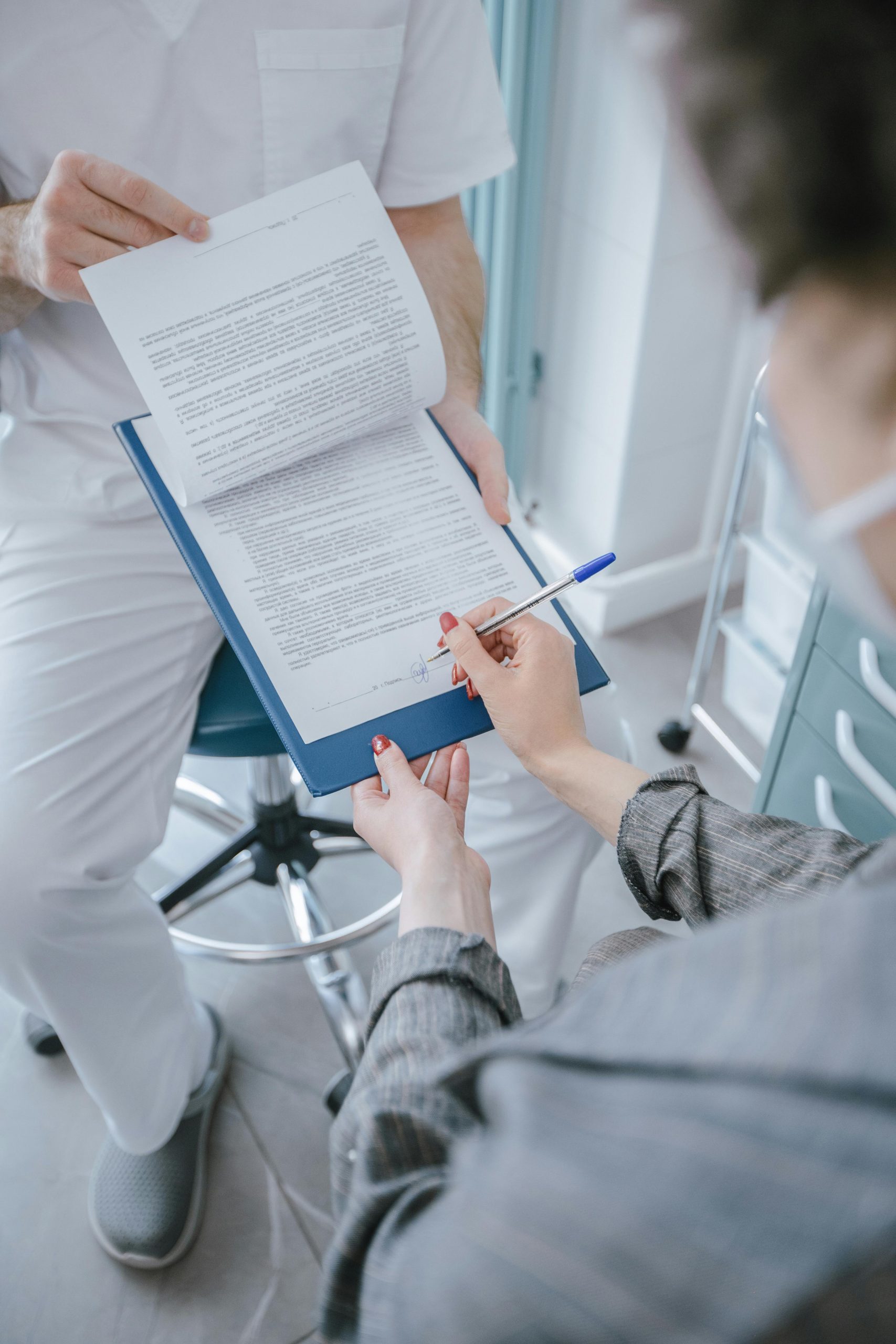If you are involved in your first accident and are not at fault, follow these steps to ensure that everything is handled correctly:
Ensure Safety: First, ensure that you and anyone else involved are safe. If able, move to a safe location away from traffic.
Contact Authorities: Call the police to report the accident, even if it’s minor. An official report can be vital for future insurance claims and verifying that you are not at fault.
Exchange Information: Gather necessary information from the other driver(s) involved, including names, contact details, driver’s license numbers, vehicle information, and insurance details.
Document the Scene: Take photos and videos of the accident scene, the vehicles involved, and any visible damages or injuries. Make sure to capture road conditions, traffic signs, and any other relevant details. This evidence can be crucial in supporting your claim.
Collect Witness Statements: If there are any bystanders or witnesses, try to get their account of what happened, along with their contact information. Witnesses can provide valuable third-party perspectives that can help in determining fault.
Notify Your Insurance Company: Contact your insurance company as soon as possible to inform them about the accident. Provide them with all the collected information and any evidence you have. Be honest and detailed in your description of the accident, emphasizing that you were not at fault.
Seek Medical Attention: Even if you don’t feel injured, it’s a good idea to seek medical attention. Some injuries may not be immediately apparent. Medical records can also help if you need to claim for personal injury later.
Consult with a Legal Professional: If the accident is complicated, the other party disputes your claim, or if there are significant damages or injuries, consider consulting a lawyer. They can provide personalized advice and help navigate any legal challenges.
Keep Records: Throughout the process, keep detailed records of all communications, bills, repairs, and anything else related to the accident. These records will be helpful for any insurance or legal proceedings.
Remember, even when you’re not at fault, it’s crucial to handle the situation carefully to protect your rights and interests.



